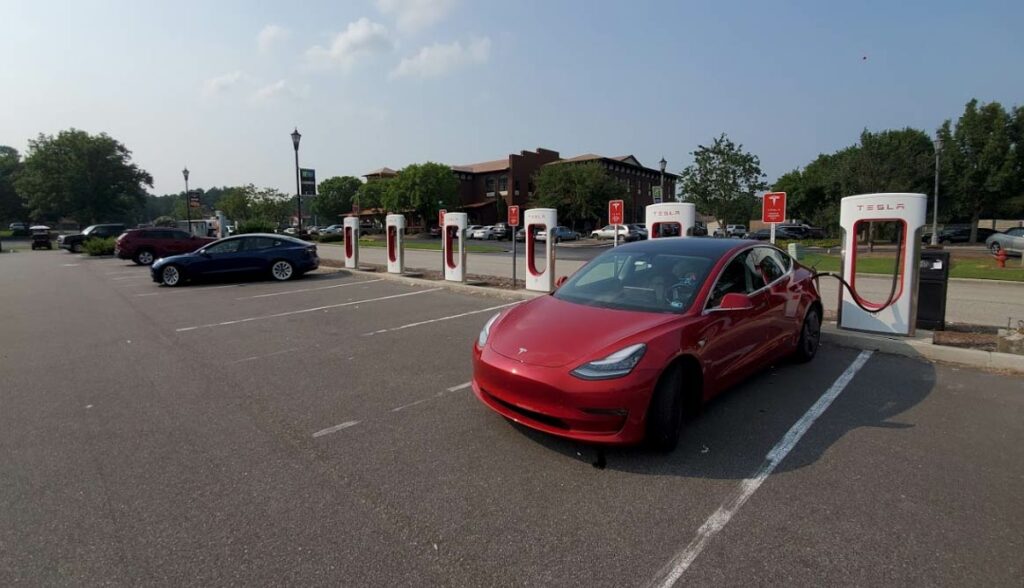When you’re planning a stay at a hotel, parking is often a key consideration, especially if you’re driving to your destination. You might wonder whether all hotels offer free parking and why some charge extra. In this article, we’ll explore why hotels charge for parking, what free self-parking is, what self-parking means, and what private parking at a hotel entails.
Why Do Hotels Charge Extra for Parking?

Not all hotels offer free parking, and some charge an additional fee for using their parking facilities. There are several reasons for this:
- Location: Hotels in busy cities, downtown areas, or near major tourist attractions often have limited parking space. Due to the high demand for parking in these areas, hotels charge a fee to cover the costs of maintaining parking facilities or renting space in nearby lots or garages.
- Valet Services: Some hotels offer valet parking, which is a premium service where hotel staff park and retrieve your vehicle for you. This convenience comes with additional costs, including labor for the staff and maintenance of the valet system, which is passed on to the guests as parking fees.
- Security and Maintenance: In some cases, the parking fee covers the cost of maintaining the lot, installing security cameras, hiring security personnel, or other services that ensure your car is safe during your stay. Parking areas require upkeep, and these costs are often included in the fees.
- Hotel Size and Amenities: Larger, full-service hotels and resorts may charge for parking as part of their business model. These hotels offer a variety of amenities, and parking may be seen as an additional service rather than an included benefit.
- Environmental Impact: Some hotels, particularly in cities, are working to reduce their environmental footprint by encouraging guests to use public transportation instead of driving. By charging for parking, they incentivize guests to consider eco-friendly options like buses, trains, or rideshare services.
What Is Free Self-Parking at a Hotel?
Free self-parking is exactly what it sounds like — the hotel provides parking spaces where you can park your vehicle without paying an extra fee. However, there are usually some details to keep in mind:
- Park Your Own Car: With self-parking, you are responsible for parking your own vehicle. You find an available space in the hotel’s parking lot or garage and park without assistance from hotel staff.
- Convenience: Free self-parking can be convenient because you can access your vehicle whenever you like, without waiting for a valet or needing to tip someone for retrieving your car.
- Varies by Hotel: Not all hotels offer free self-parking, so it’s important to check with the hotel ahead of time to understand their parking policies. Hotels located in suburban areas or along highways are more likely to offer free parking, while those in cities may charge for parking due to limited space.
- First-Come, First-Served: Some hotels offer free self-parking but may have limited spaces available. Parking might be on a first-come, first-served basis, so if you’re arriving late, it’s possible that all spaces could be filled.
What Does Self-Parking Mean at Hotels?

Self-parking at hotels refers to the process where guests park their own vehicles, as opposed to valet parking where a hotel staff member parks the car for you. Here’s what to expect with self-parking:
- You’re in Control: With self-parking, you are responsible for driving to the designated parking area and finding a spot. Once you’ve parked, you keep your keys and can come and go as you please. There’s no need to wait for a valet or hand over your car to someone else.
- Accessible at Any Time: Self-parking is a good option for guests who want quick and easy access to their vehicle. You can access your car 24/7, making it convenient if you need to run errands or leave the hotel at odd hours.
- Lower Cost: Self-parking is often less expensive than valet parking or may even be free. If you’re looking to save money, choosing a hotel with self-parking can help you avoid the extra costs associated with valet service.
- Fewer Amenities: While valet parking may come with added perks like luggage assistance or covered parking, self-parking is typically more basic. You won’t have someone parking your car for you, but you’ll still have a secure place to leave your vehicle during your stay.
What Does Private Parking Mean at a Hotel?
Private parking at a hotel generally refers to parking facilities that are reserved for guests or specific individuals, rather than open to the public. Here’s what you need to know about private parking:
- Exclusive Use: Private parking areas are set aside for hotel guests or individuals with permission to use the space. This might be a gated lot, underground garage, or a section of the hotel’s parking area that is only accessible to those with a key card, access code, or parking pass.
- More Secure: Private parking areas are typically more secure than public parking lots. They may have security measures in place, such as surveillance cameras, guards, or locked gates, to ensure only authorized guests can park there. This can give guests peace of mind that their vehicle is in a safe and monitored space.
- May Have a Fee: Private parking is sometimes offered as a premium service, meaning there may be an additional fee to use it. However, some hotels include private parking as part of the room rate, so it’s worth asking about the hotel’s specific policies.
- Reserved Spaces: In some hotels, private parking comes with the added benefit of a reserved parking space. This ensures that you always have a spot available, even if the hotel is fully booked or if there’s a high demand for parking.
Conclusion
Not all hotels offer free parking, and whether you’ll need to pay for parking largely depends on the hotel’s location, size, and available amenities. Hotels in cities or popular tourist areas may charge for parking due to limited space and high demand, while hotels in more suburban or rural areas are more likely to offer free self-parking.
Self-parking means you are responsible for parking your vehicle yourself, while private parking refers to a reserved, secure area only accessible to authorized guests. If you’re trying to save money during your trip, choosing a hotel with free self-parking is a great way to avoid extra fees.
Before booking a hotel, it’s always a good idea to check the parking options and policies to ensure they meet your needs. Whether you prefer the convenience of valet parking or the independence of self-parking, understanding the hotel’s parking arrangements will help make your stay more enjoyable and stress-free.











